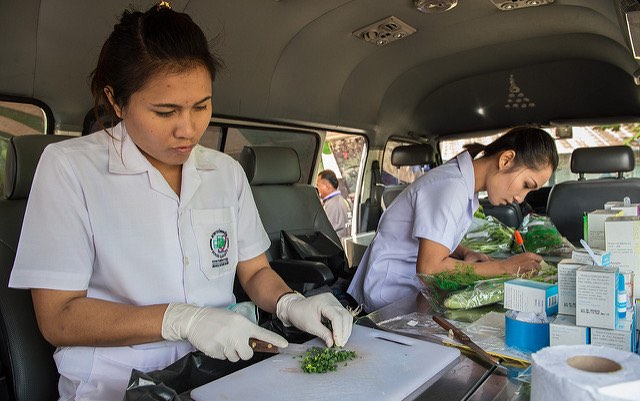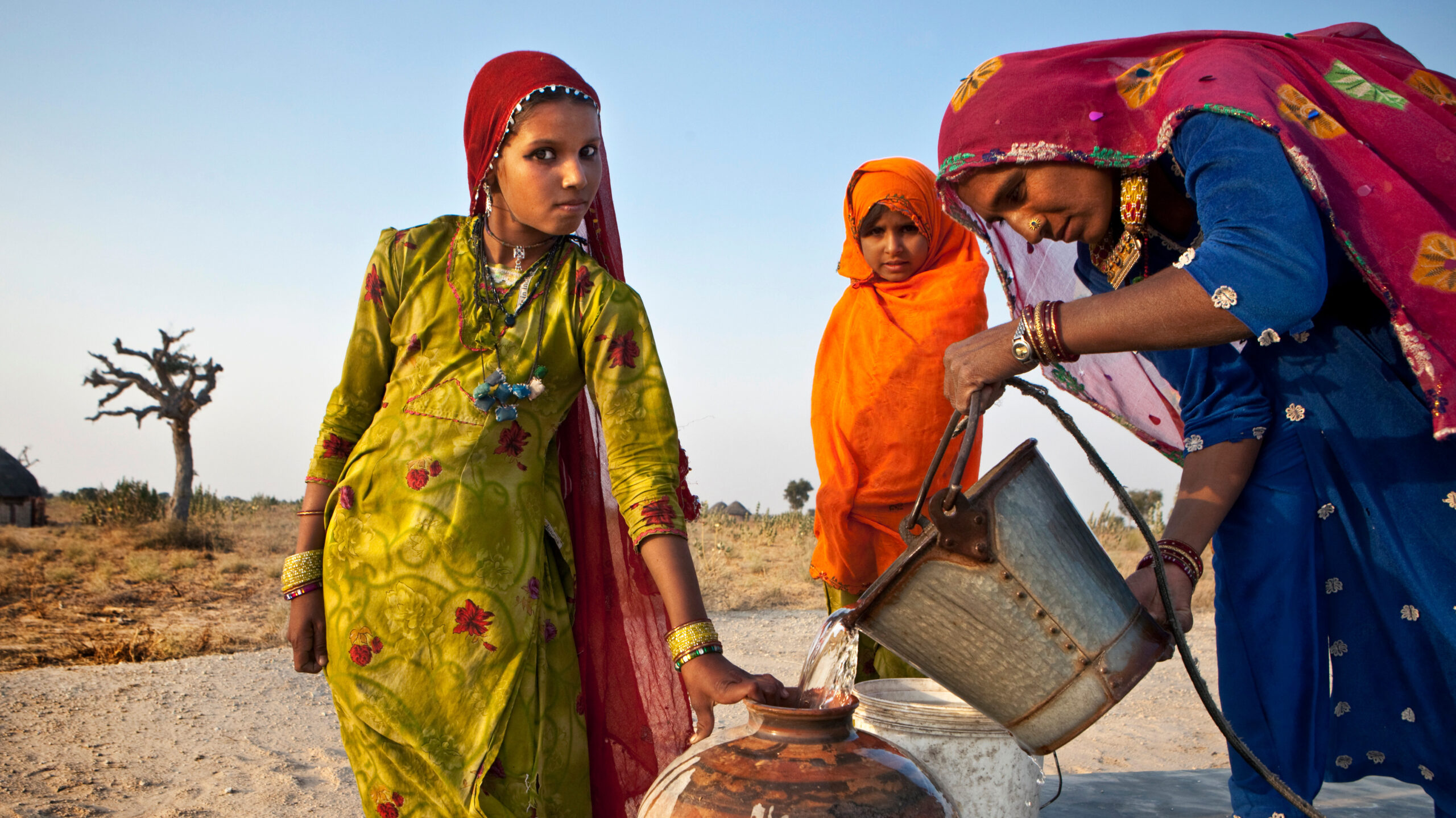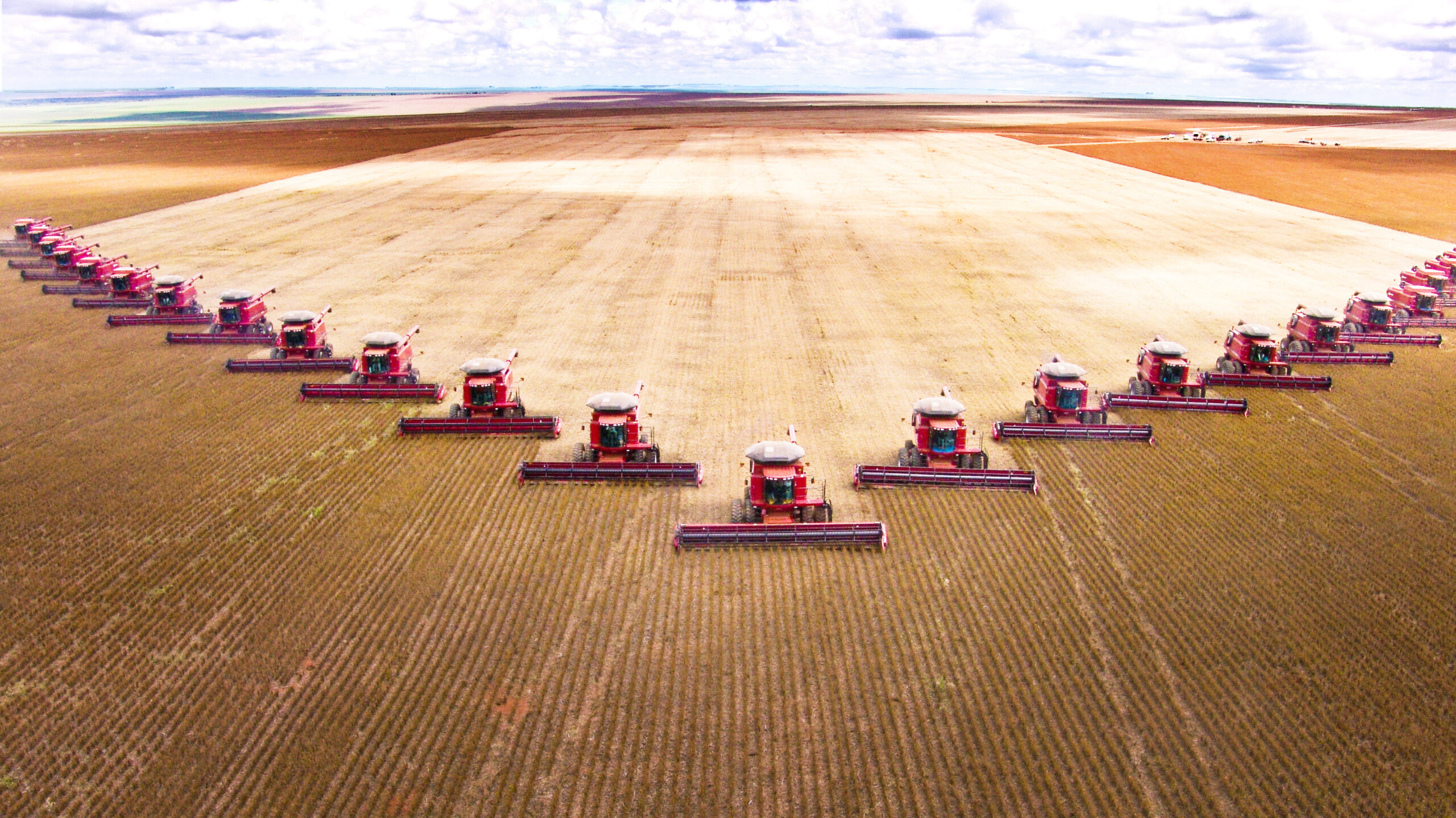Despite advances in agricultural productivity thanks to higher and more stable crop yields, the world is nowhere close to meeting the projected global demand for food in the coming years. To close that gap, crop research institutions should undertake a systematic effort focusing on raising productivity—including cooperation across borders, global knowledge sharing, and building better research infrastructure. This push will require additional investments, including private sector funding, to meet the challenge of improving integration of crop research to ultimately feed future generations.
Writing in Science, we propose a Global Crop Improvement Network (GCIN) modeled on the International Wheat Improvement Network (IWIN), the CGIAR organization that emerged during the Green Revolution. This collaborative effort would focus on the least-developed countries, include most staple food crops, and provide access to well-controlled field laboratories across the globe, helping to harmonize research practices and facilitate data sharing.
IWIN is a good model for this effort because it operates at an impressive global scale. It tests new wheat varieties at nearly 700 field sites in more than 90 countries, and has developed approximately 1,000 high-yielding, disease-resistant wheat varieties appropriate to a range of growing conditions—making them freely available to all. Data obtained from field testing and breeding are fed back into the IWIN system to further refine research and breeding methods. Over the years, IWIN has accumulated a database of over 20 million data points on the environmental responses of its wheat that is now being used to analyze the likely effects of climate change. Such a globally-integrated approach for other food crops would revolutionize our ability to understand and model crop responses to varied environments, accelerating adoption of technology in diverse places.
To replicate IWIN’s successes, building a GCIN would require three key initiatives: First, forming a global interdisciplinary network that includes key actors in crop value chains and encourages knowledge sharing. Second, an effort to collaborate with farmers to identify their needs and tap their knowledge, in concert with farm-based research. Third, an initiative to assess program capacity at the country level and develop research infrastructure, including automation. In addition, it is imperative that common standards be adopted for data sharing and that open-access data be made available in a timely manner.
A GCIN would not only encourage field-based research across disciplines and environments; it would also establish close ties to national agricultural research services, helping to provide extension and decision support services, detecting bottlenecks in the adoption of new technologies, and investigating factors such as access to credit, market forces and national policies. This broad-based GCIN structure would draw on well-coordinated multilateral partnerships to boost impacts around the world.
A successful GCIN would depend on substantial financial support from a consortium of funding bodies. One way to fund it would be via a structural re-arrangement within CGIAR—effectively leveraging a massive body of human, physical and scientific capital from existing crop networks in return for shared benefits of multilateral collaboration and improved research infrastructure. Some funding could come from private industry. While there may be concerns around intellectual property rights with the involvement of private sector, increasingly businesses too are more inclined to cooperate before products reach the marketplace to share risks and costs associated with basic research. Future markets for crop commodities are likely to be dominated by the currently least-developed countries, where populations are growing fastest and diets are rapidly changing. With its focus on those countries, a GCIN could be a winning proposition not just for private funders, but for all stakeholders.
Mark Rosegrant recently retired as Director of IFPRI’s Environment and Production Technology Division (EPTD), and is now Research Fellow Emeritus with the Director General’s Office (DGO).







